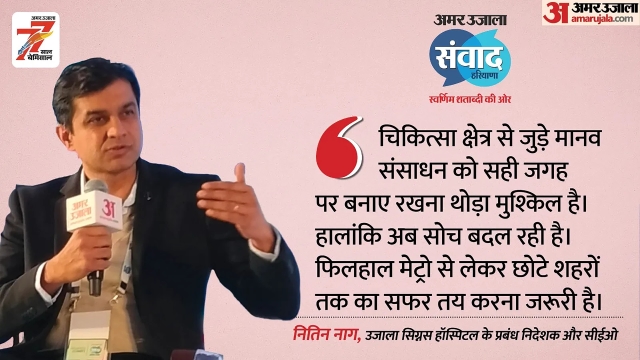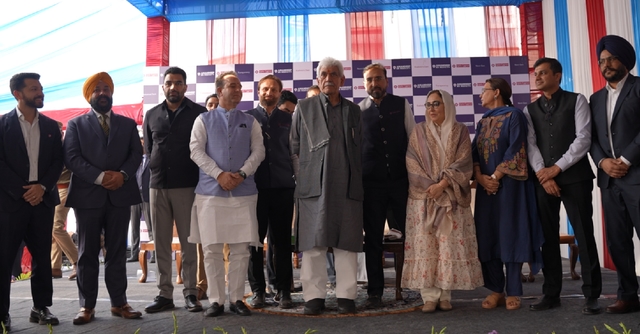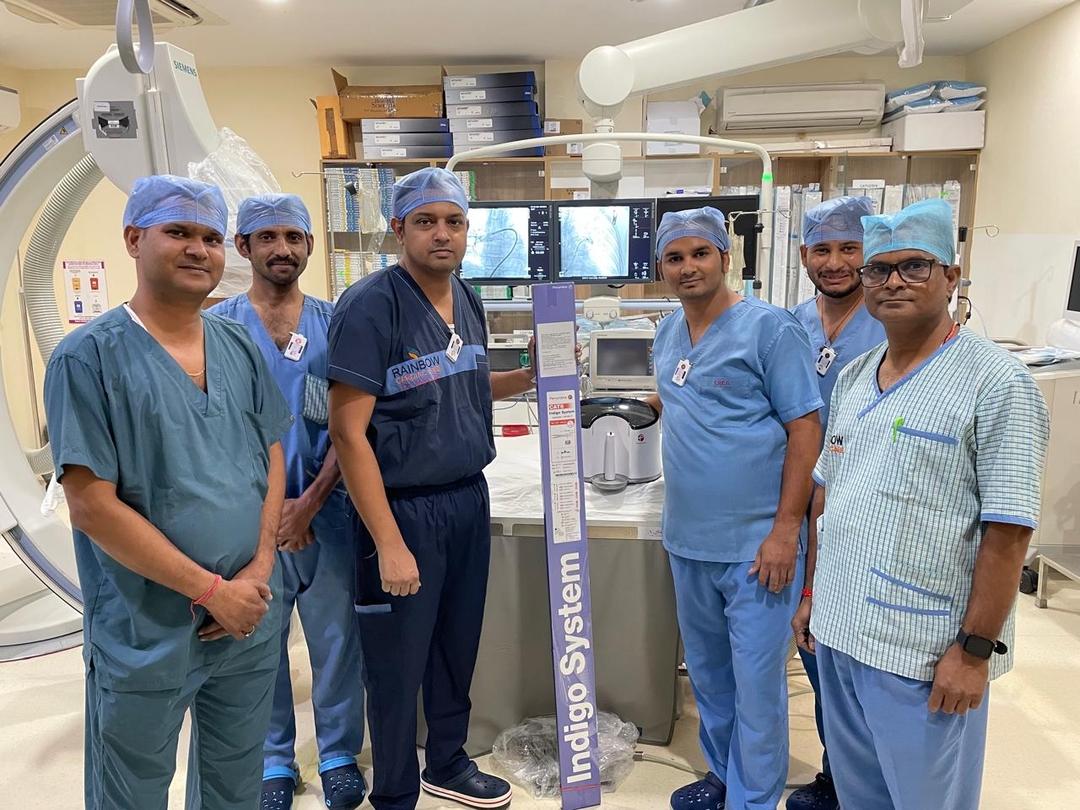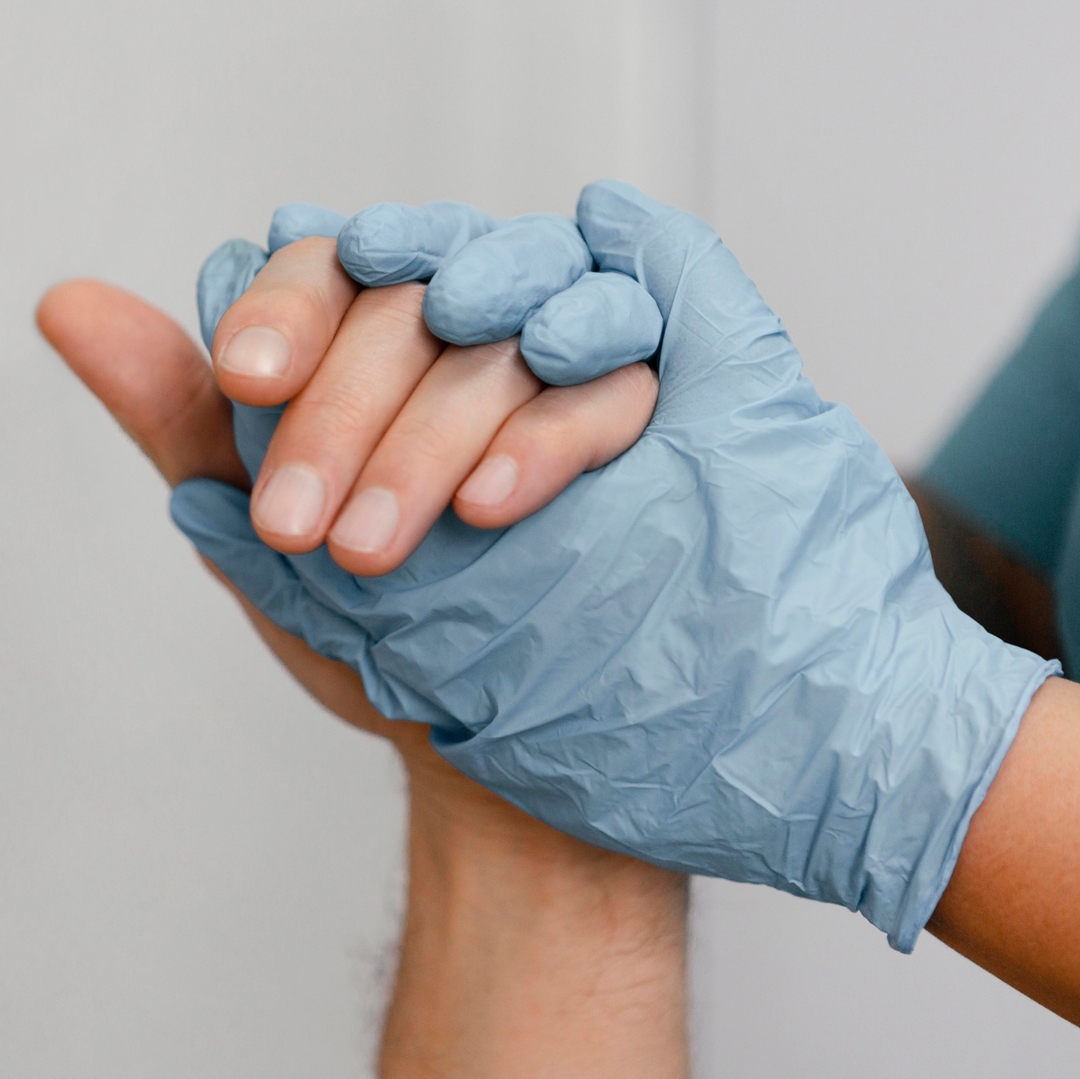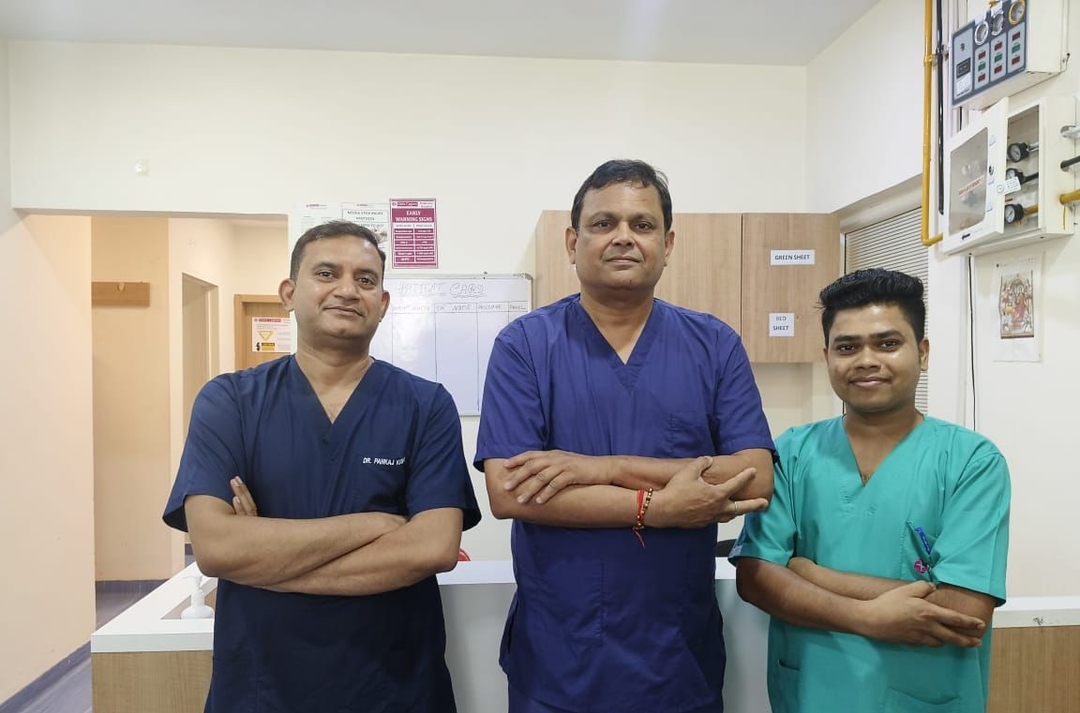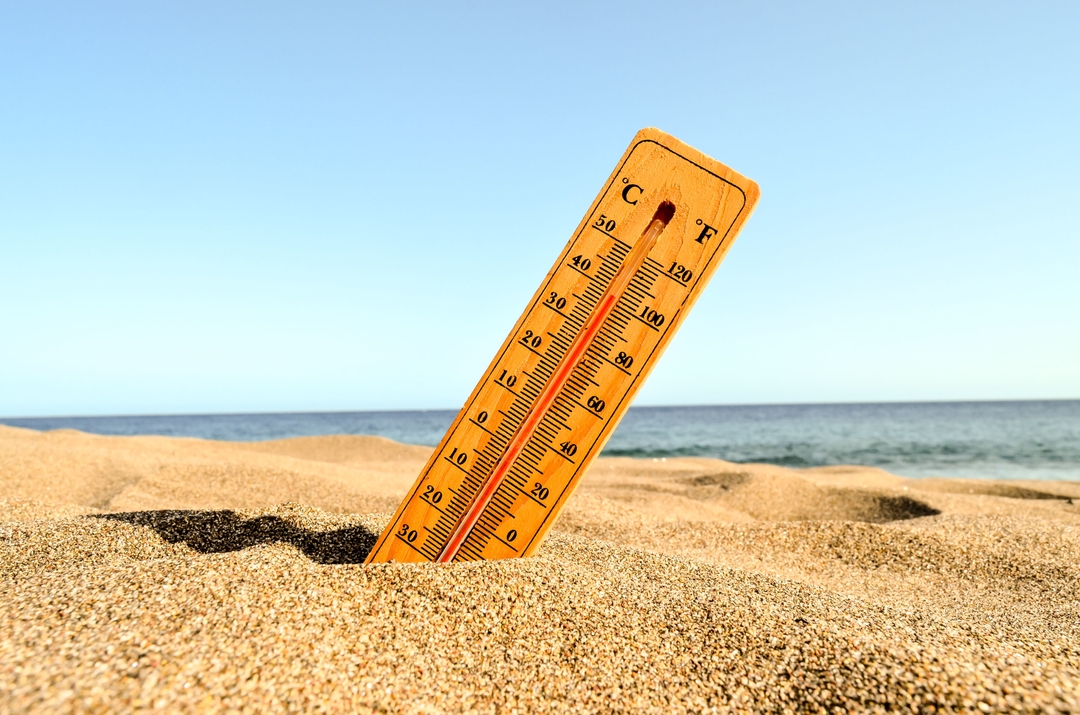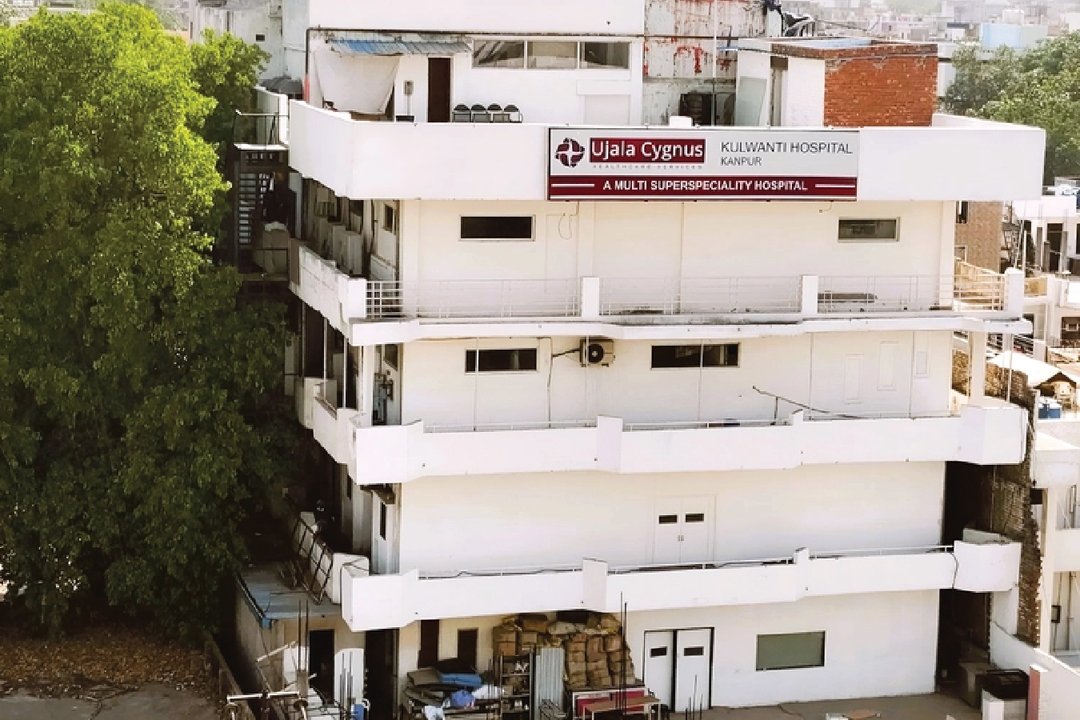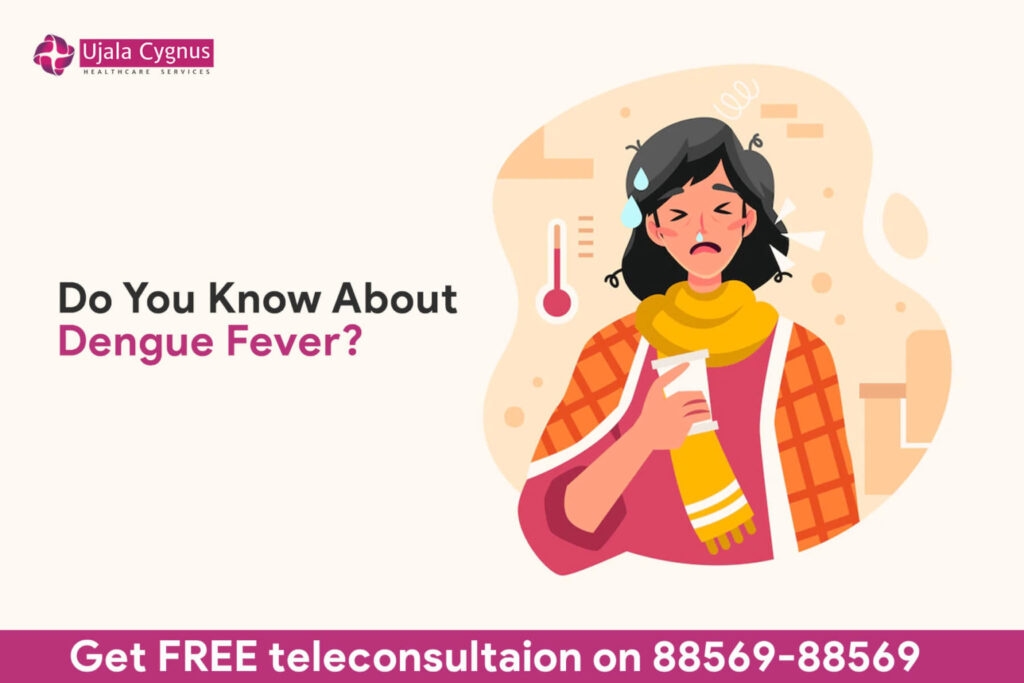
Do You Know About Dengue Fever?
By Ujala Cygnus
Reviewed by : Jalaz Jain
May 9, 2022
Dengue fever is a mosquito-borne disease driven by any one of four closely related dengue viruses. The fever is the fastest emerging disease spread by Aedes mosquitoes with powerful public health impacts in many tropical and sub-tropical nations of Southeast Asia and South and Central America.
Around 4 billion people living worldwide get impacted by the disease. In India, 1,64,103 dengue cases were reported in 2021, with a fatality rate of less than one percent since 2008. Dengue disorder ranges from mild fever to severe ailments of dengue hemorrhagic fever and shock syndrome.
This blog covers all the facts about dengue fever, dengue vaccines, symptoms of dengue, and various phases of dengue fever.
Which season is dengue fever maximum active?
Dengue fever is highly active between June and October, mainly during India’s summer and monsoon periods. The primary cause of dengue during summers is the storage of water in water coolers , which provides a helping environment for the Aedes mosquitoes. This virus career helps to inbreed. There is immense waterlogging and clogging of domestic and public surroundings.
Why still there are no dengue fever vaccines?
Dengue fever vaccine development has been questioned due to four antigenically distinct dengue virus serotypes, each capable of provoking cross-reactive and disease-enhancing antibody reactions against the remaining three serotypes. Dengue needs utmost care, and therefore preventive and precautionary measures are of utmost priority. Unlike the COVID-19 vaccine , we still do not have a safe and productive vaccine against dengue. ZQ
The only dengue fever vaccine that came on the market was Dengvaxia (CYD-TDV), licensed in 2015, and it was suggested for people aged between 9 to 45 years. The vaccine never got a good response. The reason is that people who have received the vaccine and have not been previously infected with a dengue virus had a higher risk of developing severe dengue if they got dengue after being immunized.
Dengue fever symptoms
Dengue fever is a viral infection induced by the dengue virus, and it is transmitted through the bite of the infected Aedes mosquito. The most familiar dengue fever symptoms are fever with any of the following signs like
These mild symptoms of dengue commonly last between two to seven days, and most people will recover after about a week.
Other symptoms may include
Such symptoms are seen in adults, and grown-up children show these symptoms.
Do you know about the 3 phases of dengue fever?
There are 3 phases of dengue fever which usually last for
2-7 days. This includes febrile, critical, and convalescent stages.
In the convalescent phase, as the patient’s conditions improve, his
How to prevent symptoms of Dengue?
With the commencement of the summer season, there is an increase in mosquito bites and the best way to prevent the disease is to prevent bites by infected mosquitoes.
People living in or traveling to a tropical area should protect themselves and take efforts to keep the mosquito population down. As there are no specific vaccines to fight the disease to prevent the general population from contracting it.
To protect yourself from dengue bite
Conclusion
People say prevention is always better than cure. Therefore to fight this Dengue fever its important that we stay aware of keeping our surroundings and nearby areas neat and clean and avoid water accumulation as the dengue mosquito lays its eggs on the walls of water-filled containers.
For any details regarding mosquito bite and its symptoms call on 88569-88569 and get immediate health consultation.
You can also read our blog for deep knowledge and a complete guide about Malaria disease? Its Causes & Treatment and[Chikungunya: Everything You Need to Know] (https://ujalacygnus.com/blog_post/chikungunya-causes-symptoms-and-diagnosis/)
The dengue fever lasts for 2–7 days, and most people will recover after about a week.
Dengue is caused by one of four related viruses: Dengue viruses 1, 2, 3, and 4. A person can be infected with a dengue virus at least four times
The average platelet count in the body ranges from 1.5 to 4 lacs. This can go down to as low as 20,000 to 40,000 in the case of dengue patients as the dengue virus can damage the bone marrow, which is the platelet-producing center of the body .
Ujala Cygnus Healthcare Group has 16 hospitals. Kanpur, Rewari, Kashipur, Varanasi, Sonepat, Panipat, Kurukshetra, Nangloi in Delhi, Rama Vihar in Delhi, Kaithal, Bahadurgarh, Karnal, Moradabad, Haldwani, and Agra.
You can book an appointment at your nearest Ujala Cygnus Hospital for any health issue treatment. For any query, you can give a missed call on 88569-88569 and get a free consultation over the phone.
Loading...

